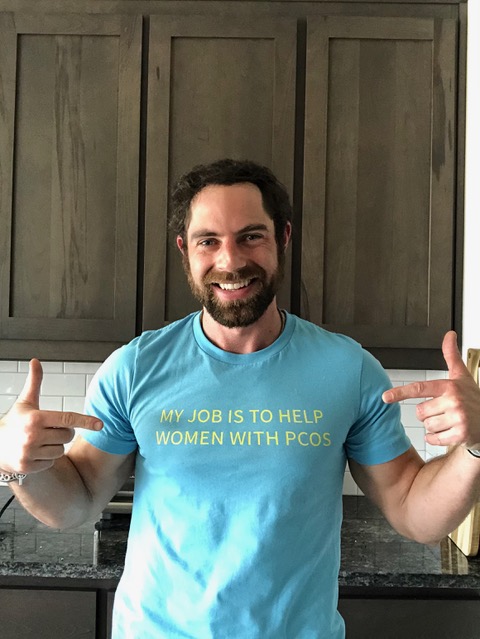Life may be daunting at times. It may all be a bit much to deal with, whether it’s a problematic personal life, a challenging profession, or simply coping with the demands of being a functional human in the twenty-first century. As a result, it’s critical to take the time to make minor changes that will enhance your quality of life.
Justin Janoska, an expert clinician with a Master’s degree in Human Nutrition specializing in autoimmune illness and trauma, encourages individuals, particularly women, to take control of their health, receive the results they deserve, and live a fulfilling life.
Quality of life is a highly subjective measure of happiness that plays a vital role in various financial decisions. Financial stability, work satisfaction, family life, safety, and health are factors that influence one’s quality of life.
One of the most important things you can do if you have a mental health problem affecting your quality of life is get therapy. Treating a mental health condition with the help of mental health specialists may lead to a better and happier attitude on life, which could otherwise appear in unpleasant forms like autoimmune disorders or residual trauma.
Justin wants to raise awareness about the mind-body link in disorders like these since that is where the healing happens. He argues that most diseases result from recurrent, compulsive patterns that finally condense into a condition – unresolved pockets of pain, emotions, and experiences in the mind, body, and heart that repeat in awareness. He is continuously working to assist individuals in moving away from pursuing a fast cure and toward realizing that the long-term outcomes they want may be found inside.
Justin, who is highly dedicated to assisting women who have experienced trauma, has discovered that autoimmunity and PCOS are frequently associated with trauma.
Since a major chunk of his target market is women between the ages of 25 and 45 who are supermoms or busy business woman, Justin has seen firsthand how those behaviors are not only coping/trauma responses but also add more stress to the body and worsen the disease; thus, no diet, exercise, or supplement will be able to reverse that.
The expert clinician has also mastered the art of delivering the best motivational speeches. His discussions about people-pleasing, Type A, perfectionism, being a workaholic, a supermom, overcommitting, overserving, trying to control everything (including their healing protocol), researching/Googling for answers are the patterns that are keeping them stuck hit a chord with his audience. Instead of focusing on the fast-fix food and supplement regimes their Naturopath and functional medicine practitioner offered, they should focus on this and the trauma that preceded it.
Dabbling successfully in his profession, Janoska is a healer who invests his time and energy in healing people, particularly women. He believes the more equipped a person, particularly a woman, is to heal herself mentally and physically, the healthier she, her children, and their parenting methods will be. Much of what happens is that an ill parent (such as one suffering from autoimmunity or trauma) cannot care for their children. As a result, the youngster develops trauma due to the experience. It’s a chain reaction. Trauma is handed down through the generations until someone is ready to confront it.
The successful clinician untiringly propagates and assists women in various areas of health, but significantly to help them realize how it’s all one twisted knot. It’s not a matter of “fixing my trauma first” or “fixing my Hashimoto’s first” before moving on to the next issue. That reductionist paradigm, in Justin’s opinion, is ineffective. You are in command, and waiting will only make you sicker.







